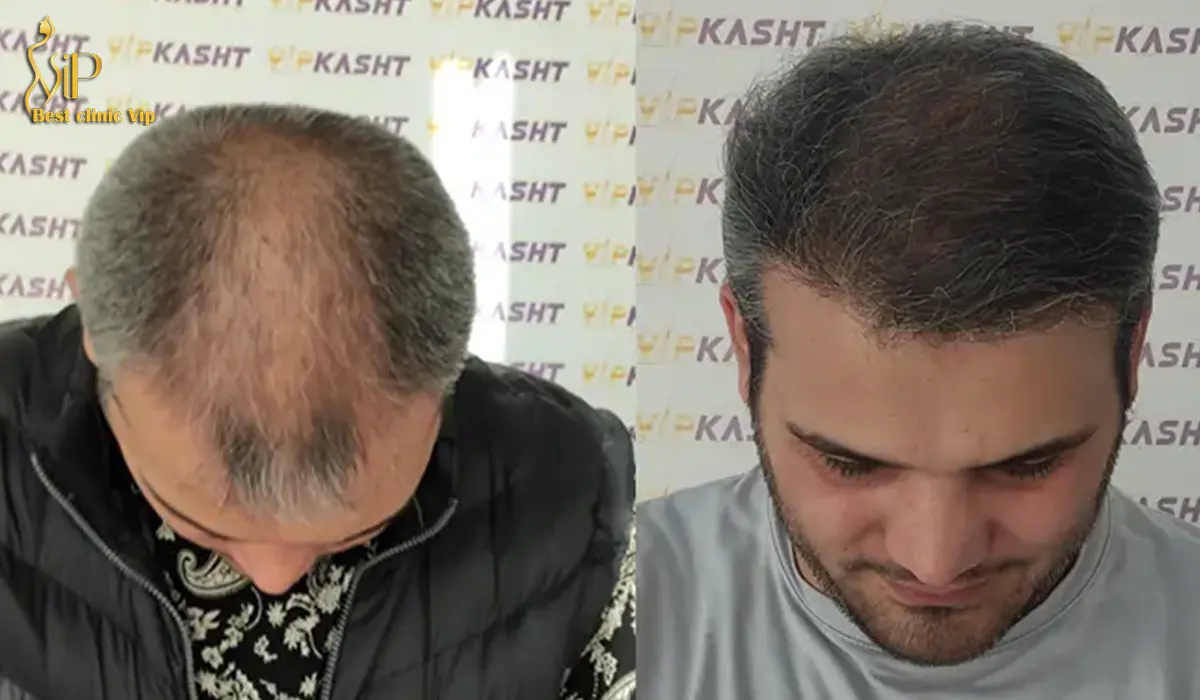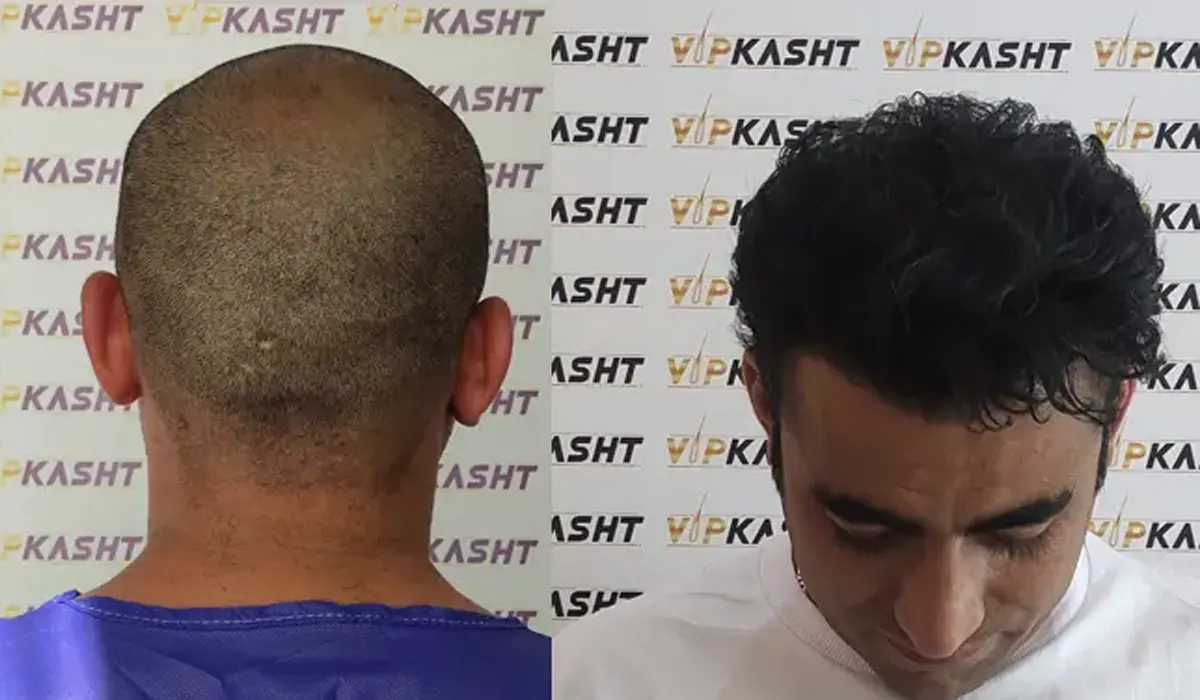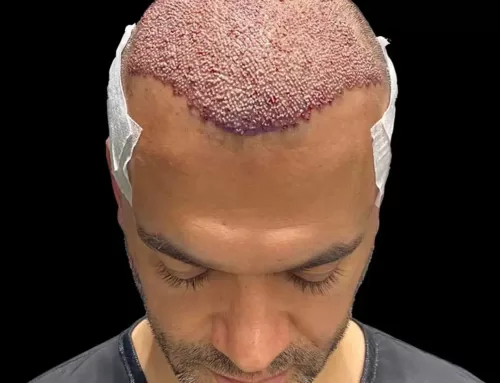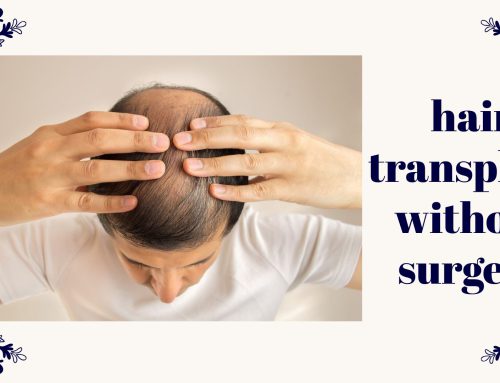Hair loss is a common problem that affects millions of people around the world. It can have a huge impact on a person’s self-confidence and self-image. Fortunately, there are various treatments available for hair loss, one of them being a hair transplant. But, is hair transplant painful? This blog post will unveil the truth about hair transplant pain and what you need to know before undergoing the procedure.
Introduction – What is a Hair Transplant?
A hair transplant is a surgical procedure that involves the transfer of hair follicles from one part of the body to another. The most common type of hair transplant is known as follicular unit transplantation (FUT) or strip harvesting. In this procedure, a strip of skin containing hair follicles is removed from the back or side of the scalp, and the follicles are transplanted to the bald area. This procedure is also known as “plugging” or “slit grafting”.
Another type of hair transplant is known as follicular unit extraction (FUE). In this procedure, individual follicular units are extracted from the donor area and then transplanted to the bald area. The FUE technique is considered to be less invasive than FUT and the recovery time is usually shorter.
Understanding the Types of Hair Transplant Procedures
There are several types of hair transplant procedures available. The two most common procedures are FUT and FUE, which have been mentioned above. The other types of hair transplants include scalp reduction, scalp expansion, scalp flaps and tissue expansion. Each procedure has its advantages and disadvantages, and the type of procedure that is best for you will depend on your individual needs and circumstances.

amount of pain you experience
Hair Transplant Pain Levels
The level of pain you experience during a hair transplant depends on the type of procedure you choose and the skill of the surgeon. Generally speaking, FUT procedures are more painful than FUE procedures. This is because FUT involves more invasive surgery and more tissue trauma. However, the amount of pain you experience also depends on your pain tolerance and the skill of the surgeon.
Factors Affecting Hair Transplant Pain
Several factors can affect the amount of pain you experience during a hair transplant. These include the type of procedure, the skill of the surgeon, your individual pain tolerance, and the size of the area being treated. Other factors such as the length of the procedure, the use of anaesthesia, and the use of pain relievers can also affect the amount of pain you experience.
Potential Complications and Risks
As with any surgical procedure, there are potential complications and risks associated with hair transplants. These include bleeding, infection, scarring, and poor results. It is important to discuss these risks with your surgeon before undergoing the procedure.
Hair Transplant Pain vs. Other Hair Loss Treatments
When compared to other treatments for hair loss, such as medications, laser therapy, and topical treatments, hair transplants tend to be more painful. However, the amount of pain you experience can vary depending on the type of procedure you choose and the skill of the doctor.

transplants tend to be more painful
What to Expect Before, During and After Hair Transplant Surgery
Before undergoing a hair transplant, it is important to discuss the procedure with your surgeon in detail. This will help you understand what to expect before, during, and after the procedure. During the procedure, you should expect to feel some degree of discomfort. After the procedure, you may experience some swelling, redness, and tenderness at the transplant site.
How to Minimize Hair Transplant Pain?
There are several steps you can take to minimize the pain associated with a hair transplant. Firstly, it is important to choose a qualified and experienced surgeon who has a good track record in performing hair transplant procedures. Secondly, you should discuss all potential risks and complications with your surgeon before undergoing the procedure. Thirdly, you should take steps to reduce any inflammation or swelling at the transplant site. Finally, you should consider using an anaesthetic to reduce the amount of pain you experience during the procedure.
How to Choose the Right Hair Transplant Surgeon?
When choosing a hair transplant surgeon, it is important to do your research and make sure that you choose an experienced and qualified surgeon. You should also ensure that the surgeon is board certified and has extensive experience in performing hair transplant procedures. It is also important to read reviews of the surgeon and to ask for before and after photos of previous patients.
Pain Management during a Hair Transplant
It is important to discuss pain management options with your surgeon before undergoing a hair transplant. Your surgeon may recommend the use of an anaesthetic, such as lidocaine or epinephrine, to reduce the amount of pain you experience during the procedure. You may also be given pain medications or sedatives to help you relax during the procedure.
Pre-Op Preparations to Minimize Hair Transplant Pain
Before undergoing a hair transplant, it is important to take some steps to minimize the amount of pain you experience. Firstly, it is important to ensure that you are in good health and that you do not have any medical conditions that could increase your risk of complications. Secondly, you should discuss the use of an anaesthetic with your surgeon and ask about pain relief medications. Finally, you should ensure that you are well-rested before the procedure.

ask about pain relief medications
Anaesthesia for Hair Transplant
Anaesthesia is often used during a hair transplant to reduce the amount of pain and discomfort associated with the procedure. The type of anaesthesia used will depend on the type of procedure being performed and the individual needs of the patient. Generally speaking, local anaesthesia is used for FUE procedures, while general anaesthesia is used for FUT procedures.
Hair Transplant Recovery Tips
After a hair transplant, it is important to follow your surgeon’s post-operative instructions. This includes taking pain medications as prescribed, avoiding strenuous activities, and taking steps to reduce any inflammation or swelling at the transplant site. It is also important to avoid sun exposure and to keep the transplant site clean.
What to Expect after a Hair Transplant
After a hair transplant, it is normal to experience some degree of swelling, redness, and tenderness at the transplant site. This should resolve within a few days to a few weeks. It is also normal to experience some itching and discomfort. This should also resolve within a few weeks.
Conclusion
A hair transplant can be a great option for those suffering from hair loss. However, it is important to understand that the procedure “can be painful”. The amount of pain you experience will depend on the type of procedure you choose and the skill of the surgeon. It is important to choose a qualified and experienced surgeon and to discuss any potential risks and complications with your surgeon before undergoing the procedure. Have you experienced a hair transplant? Did you feel any pain during or after the hair transplant procedure? Please share your experiences with us in the comments below this post!
Complete the form below for a virtual eyelid surgery visit and to answer questions
Consult with our Doctors ! Complete an online consultation with one of our physicians to see if you are a good candidate for a hair transplant procedure. A doctor, not a salesman, will evaluate your case and make an assessment.If you are ready to make a change in your face, complete the form below!






[…] is hair transplant painful- Unveiling the Truth about Hair Transplant Pain […]